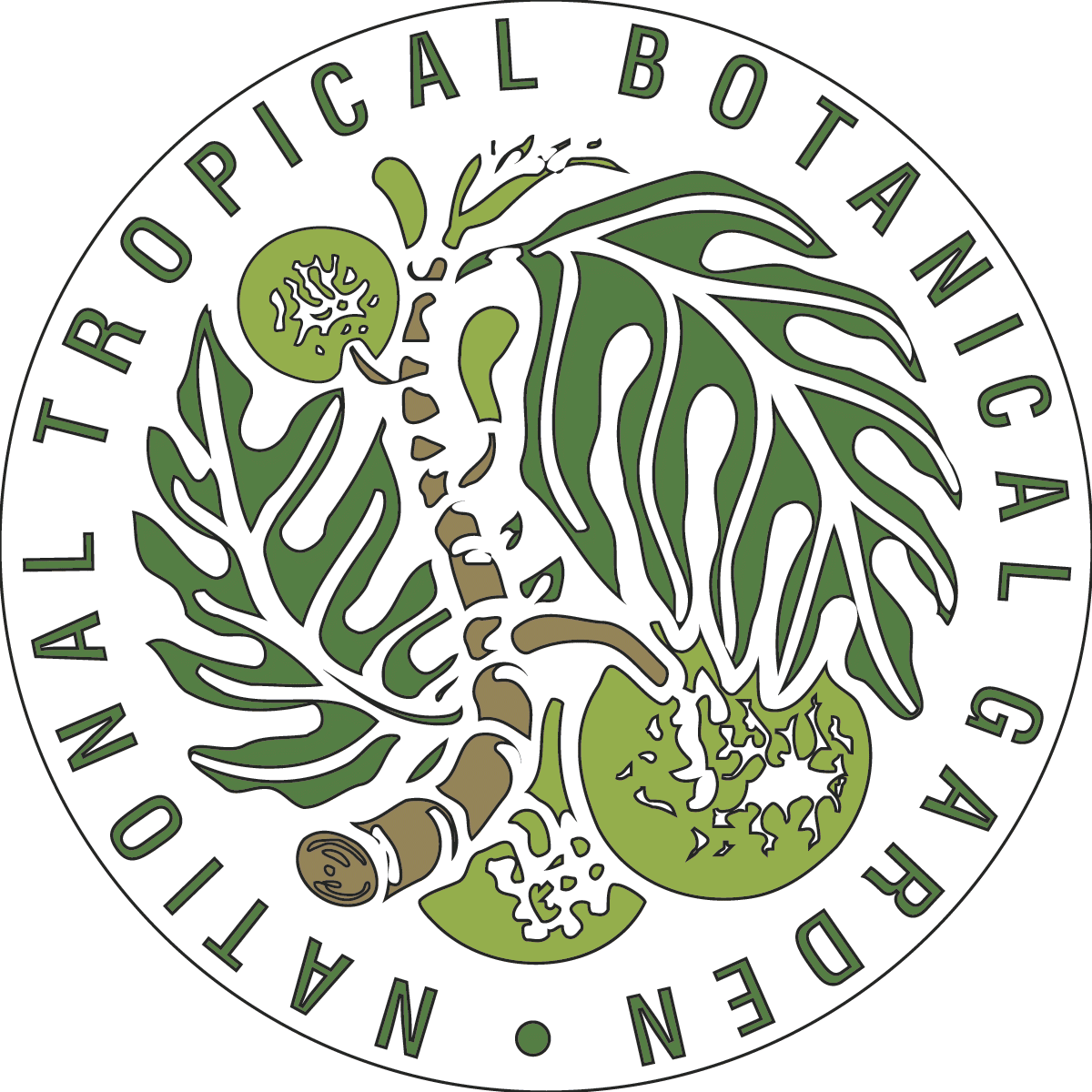The goal of our project is to promote the effective and cooperative management of threatened plant species across botanic garden collections
With over 390,000 species world-wide, plants are an important component of biodiversity. However, ongoing human activities are endangering many plant species. In the same way that zoos have been important actors in conserving species of endangered animals, botanic gardens could play a critical role in preventing the extinction of endangered plants. For many plant species seedbanks have been a cost-effective method for long-term preservation, but up to 30% of seed-producing species are considered exceptional, meaning that they cannot be seed-banked and therefore primarily exist as living plants on botanic garden grounds.
The effective management and breeding of these plants being held in garden collections is essential for ensuring that such exceptional species retain high levels of genetic diversity and avoid issues such as inbreeding. Ultimately, a successful collection would maintain sufficient genetic diversity so that their plants could be used for species reintroduction or augmentation of wild populations. However, a major limitation faced by the botanic garden community is the lack of appropriate, easily accessible, and shared tools to guide these important management decisions.
Our innovative team, made up of scientists from partnering botanic gardens and zoos, is working to develop databases and population management software for gardens to manage rare and exceptional plant species. The zoo community has already developed tools to manage captive populations of highly endangered animals, which we are leveraging and adapting for plant species. In brief, we are updating an existing database, PlantSearch, to include a pedigree management module and developing software, PMxceptional, based on the PMx population management software used by zoos. These tools will be freely available and can be used to develop management plans for species in botanic gardens across the world. We are piloting this work on a variety of focal species to demonstrate the power of this approach.
If you would like more information or would like to involve your garden in this project, please see our contact page!
Funding for this project is made possible by the Institute of Museum and Library Services grants MG-60-19-0064-19 and MG-30-16-0085-16.







